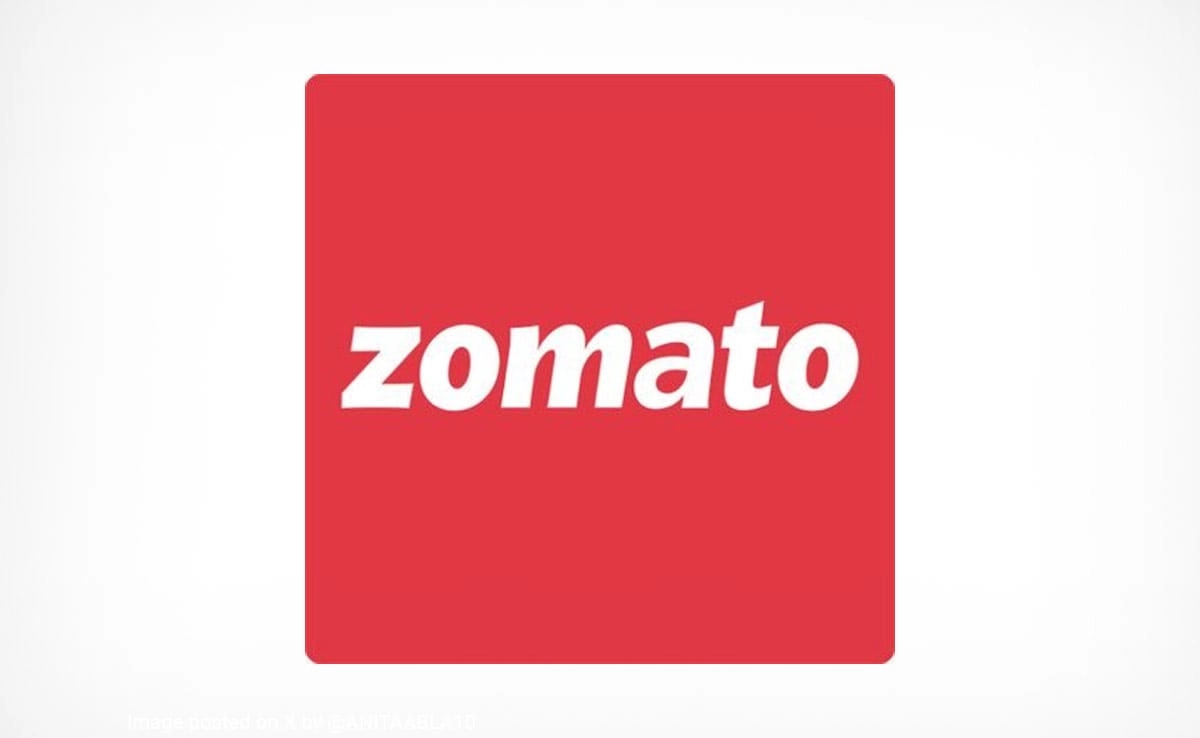Zomato, the popular food delivery platform, has recently made the strategic decision to discontinue two of its services: ‘Quick’, which offered 15-minute delivery for meals, and ‘Everyday’, which specialized in home-cooked meals. This move comes as part of a broader reevaluation of the company’s operational focus in a highly competitive market. The decision to shut down these services reflects the challenges that Zomato faced in scaling these offerings while maintaining quality and efficiency. The hyper-competitive nature of the food delivery industry has led many companies to reassess their business models, and Zomato’s latest changes seem to be a response to shifting consumer preferences and operational hurdles.
The ‘Quick’ service aimed to cater to the increasing demand for fast food delivery, promising meals within a mere 15 minutes. However, the logistical challenges inherent in such a rapid delivery model proved to be significant. Issues related to sourcing quality ingredients, managing delivery personnel efficiently, and ensuring food safety standards under such time constraints led to the realization that sustaining this service was not feasible in the long term. Additionally, as consumer habits evolved, the initial excitement around ultra-fast deliveries began to wane, prompting Zomato to pivot towards more viable and sustainable options.
On the other hand, the ‘Everyday’ service sought to provide customers with wholesome home-cooked meals, tapping into the growing trend of health-conscious dining. While the concept resonated with many users seeking healthier alternatives, Zomato encountered difficulties in scaling this service effectively. The challenge of maintaining consistent quality and taste from a diverse pool of home cooks made it difficult to ensure customer satisfaction across the board. Consequently, the company recognized that, despite the potential market for home-cooked meals, the operational complexities outweighed the benefits, leading to the decision to close this service as well.
In summation, Zomato’s recent service shutdowns are indicative of the rapidly evolving landscape of food delivery services. The company is likely to focus its resources on more sustainable business models that promise better customer experiences. By stepping back from these two ambitious initiatives, Zomato can redirect its efforts towards strengthening its core offerings, enhancing its competitive edge, and ultimately adapting to the ever-changing needs of its customer base. As the food delivery industry continues to grow and adapt, it will be interesting to see how Zomato redefines its strategies and targets in the coming months.




